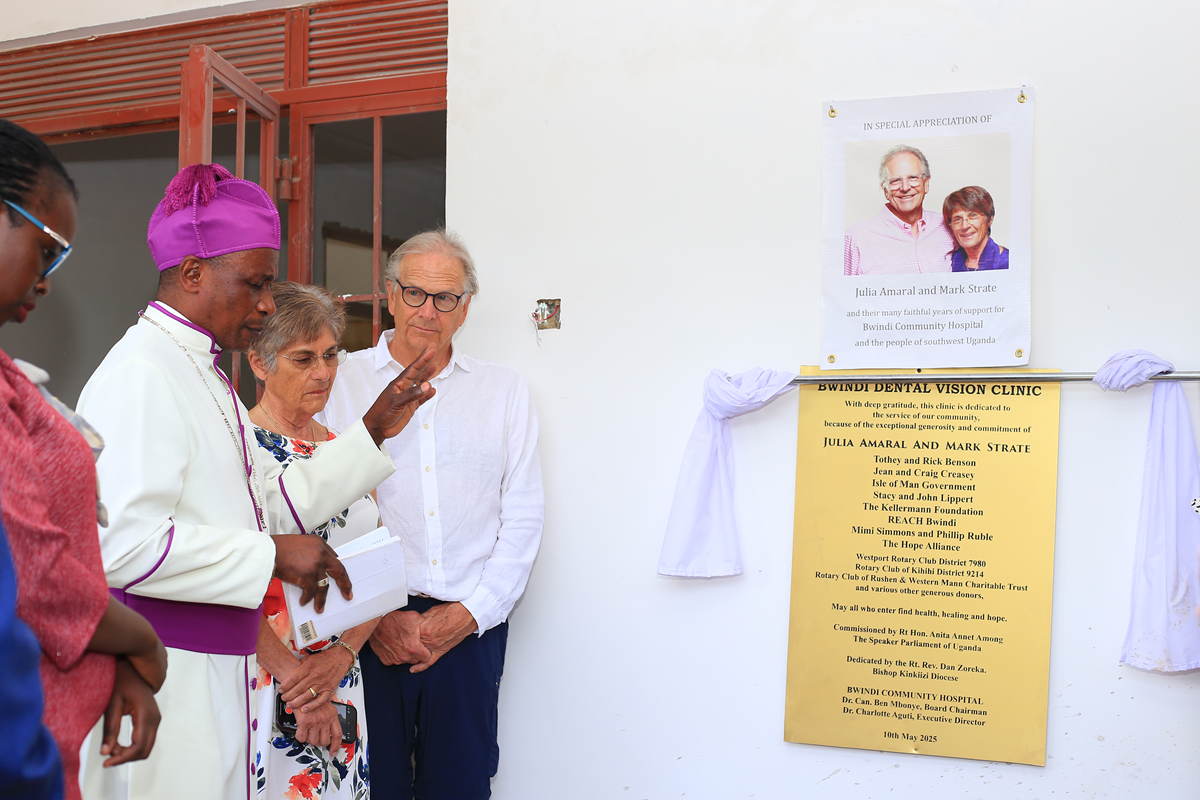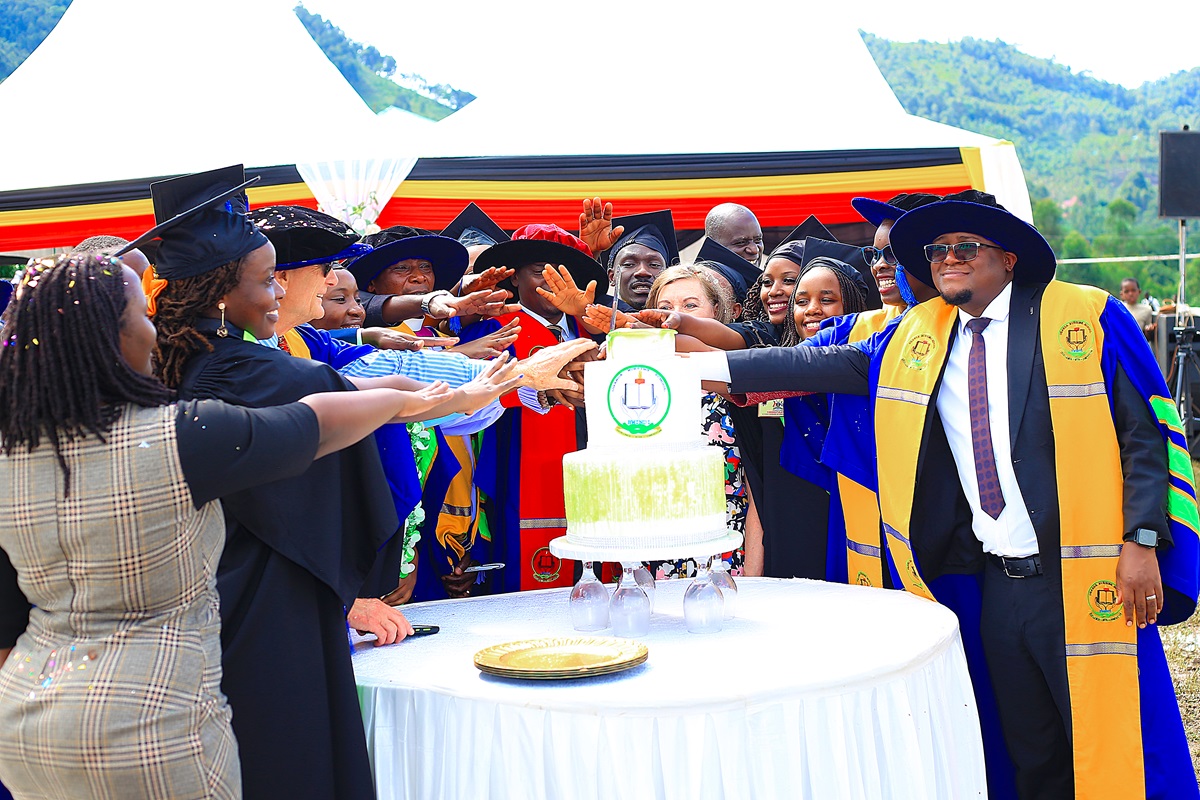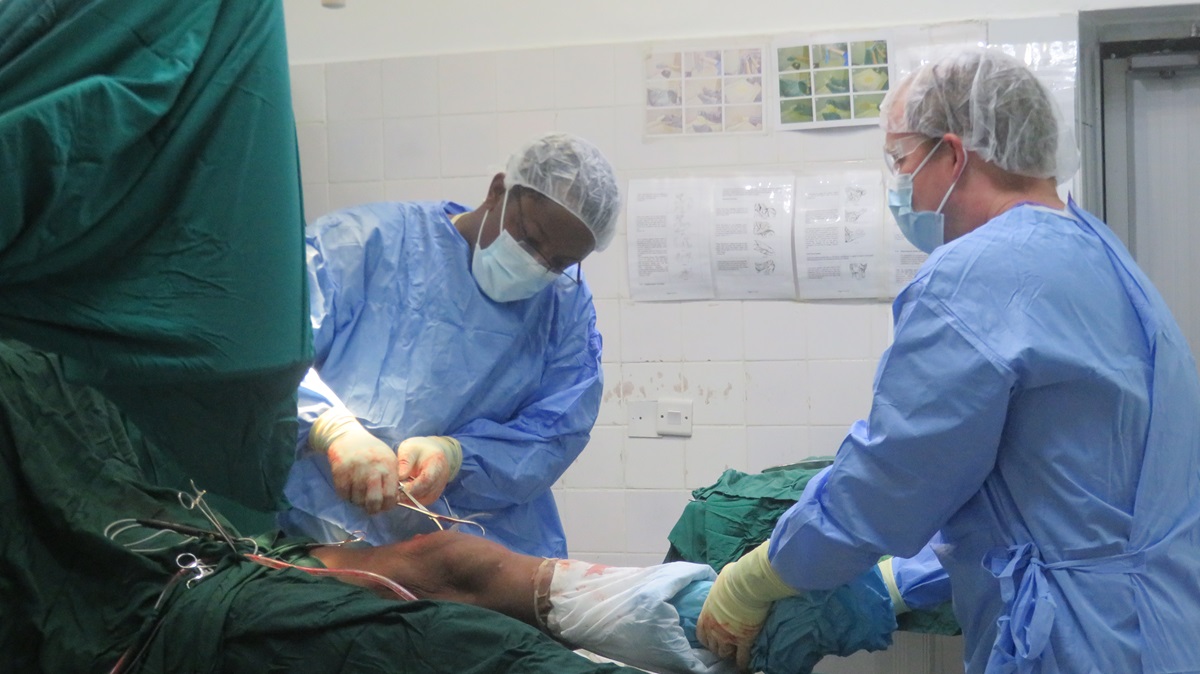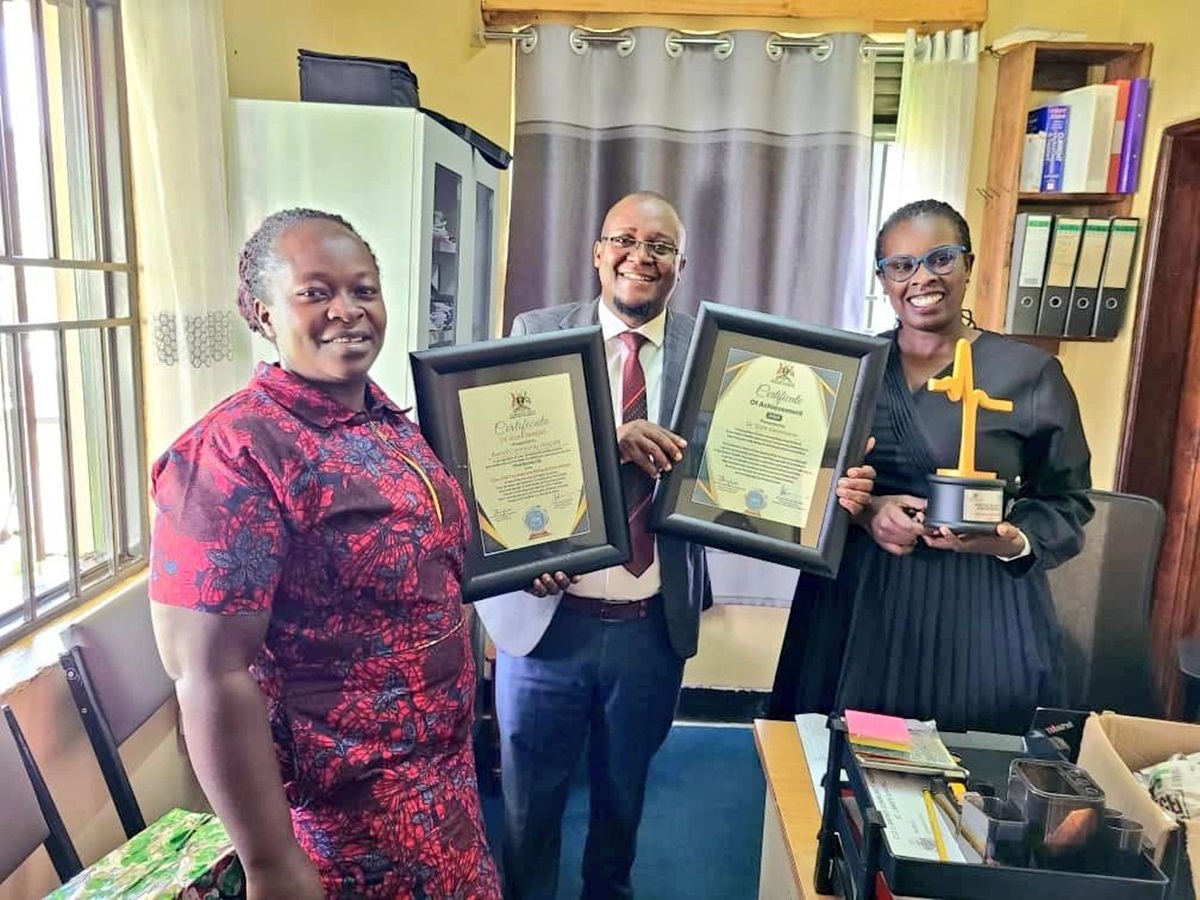Bwindi hospital Lauches Mama Baby voucher Project for Safe Motherhood
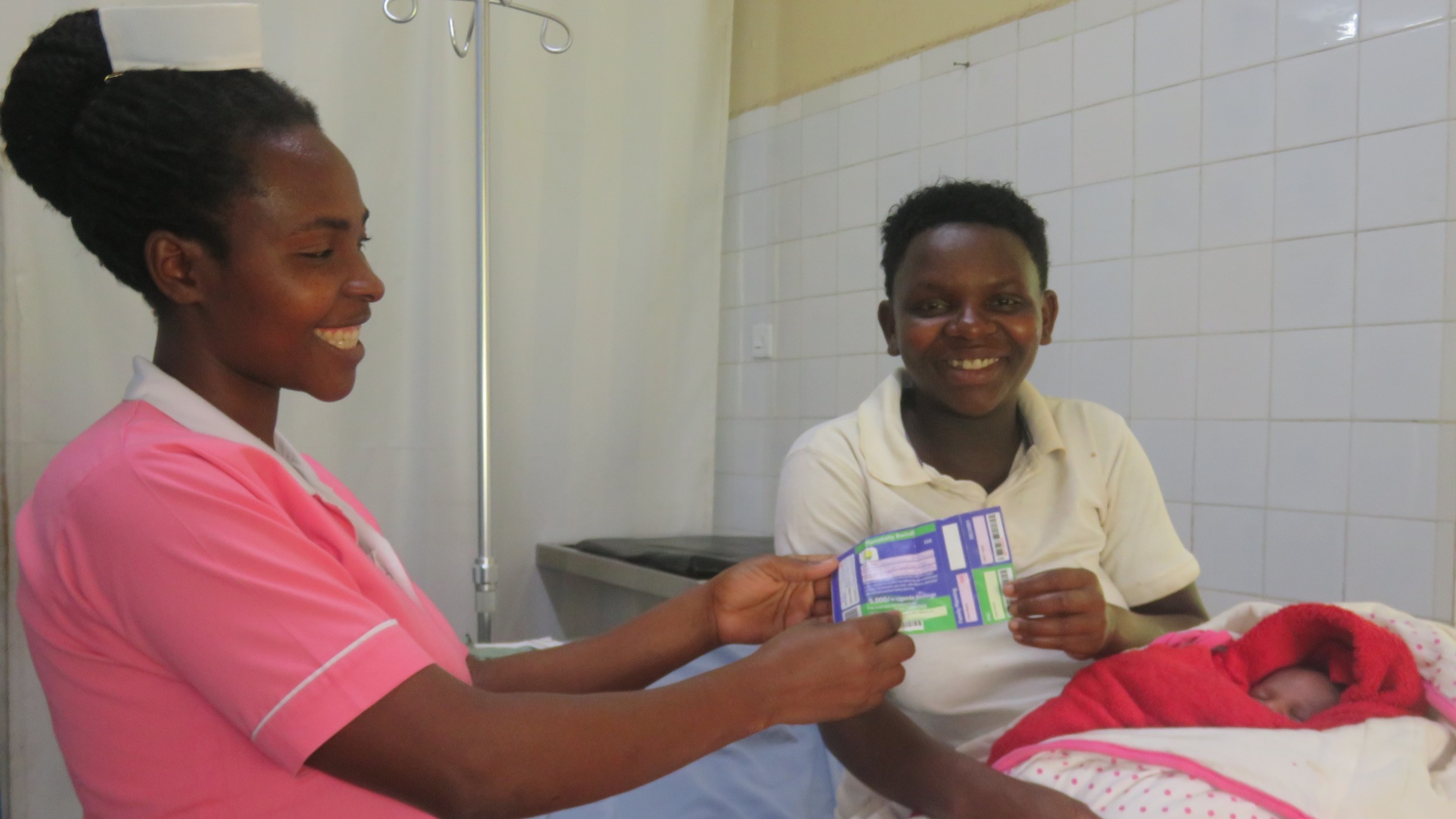
Bwindi Community Hospital has launched the Mamababy Bwindi Voucher Project with the goal of promoting safe motherhood through improved access to healthcare in the Bwindi region. This 5-year program intends to provide voucher beneficiaries with detailed services at a subsidized cost. Only clients who present the voucher cards are to benefit from the subsidy. Mamababy Bwindi's ultimate target is to increase access to skilled care among poor and vulnerable women living in rural and disadvantaged areas, and reduce pregnancy-related risks.
Over the last three decades, the Government of Uganda has implemented several reforms in the health sector to make essential health services provision more efficient, affordable, and accessible to all. However, health outcomes are still not impressive. According to the Uganda Demographic Health Survey 2022, maternal and neonatal mortality rates remain very high at 189/100,000 and 22/1,000 live births respectively, far above the sustainable development goal targets.
Due to inadequate government funding in Uganda's health sector, the public health system is unable to guarantee accessibility to health services. To bridge this gap, a number of Private Not for Profit (PNFP) health facilities emerged, particularly under the auspice of the church. PNFP health facilities operate on the principle that patients must cover the cost of sustaining their operations.
However, many clients, particularly from rural settings like the Bwindi area, are still unable to meet the subsidized user fees when utilizing services. This has greatly impeded the achievement of national and international target indicators, particularly those related to sustainable development goal number 3: “Ensure healthy lives and promote well-being for all at all ages,” such as the proportion of women appropriately attending antenatal care, hospital-based deliveries, and timely referrals, among others. This has, in turn, compromised perinatal and maternal survival rates. According to a study by Turyamureba et al. (2022), the wealthiest have benefited most from these developments, while the impoverished still cannot afford essential medical treatment.
For more than a decade, two large-scale Family Planning- and Maternal and Neonatal Health-focused voucher schemes, which covered approximately half of the country, were implemented and completed by 2020. These included: The Uganda Reproductive Health Voucher Project (URHVP-II), financed through the World Bank Global Partnership on Output-Based Aid, implemented by the Ministry of Health (MOH) with Marie Stopes Uganda (MSU) as the Voucher Management Agency (VMA), and The Uganda Voucher Plus Activity (UVPA), supported by the United States Agency for International Development (USAID) and implemented by a consortium of partners led by Abt Associates.
These voucher programs provided access to a package of reproductive health services, including; antenatal care (ANC), deliveries by skilled medical attendants, postnatal care (PNC), treatment and management of selected pregnancy-related medical conditions, and emergency transportation from lower health facilities. Together, the programs supported over 400,000 women in accessing safe delivery services and improving the quality of care provided by providers.
Bwindi Community Hospital (BCH) was funded by this safe motherhood voucher program between 2016 and 2019 with over $625,000 which was part of world bank program to improve maternal mortalities.
During this time, the program contributed to improved access to quality and safe health services, as indicated by increase in antenatal care visits, births attended by skilled health personnel, and postnatal visits. Over 400 mothers accessed antenatal services every month and an average of 200 deliveries were carried out every month at BCH.
The hospital witnessed an improvement in maternal and neonatal health indicators as evidenced by the reduction in maternal mortality rate. However, a steady drop was registered in healthcare utilization following the closure of the program.
It is from this background that the Mamababy Bwindi Voucher was launched to benefit the most impoverished mothers in the Bwindi catchment area. The objectives of the Mamababy Bwindi Project are to; ensure that individuals and couples have the information and services to plan and space pregnancies, ensure that complications of pregnancy are detected as early as possible and treated appropriately, ensure that all birth attendants have the knowledge, skills, and equipment to perform a clean and safe delivery, and ensure that essential care is made available to all women who need it.
The benefits package for the Mamababy Bwindi voucher project include; consultation, admission, and diagnostic services, referral, antenatal, and post-natal services, family planning and sick new born care services. Since the inception of the project in May,2024, a total of 200 vouchers have been distributed by BCH.
The Mamababy Voucher project is being implemented with currently available funds for 1 year. This therefore necessitates more funding to complete the projects’ projected duration of 5 years.
By Elizabeth Namara
